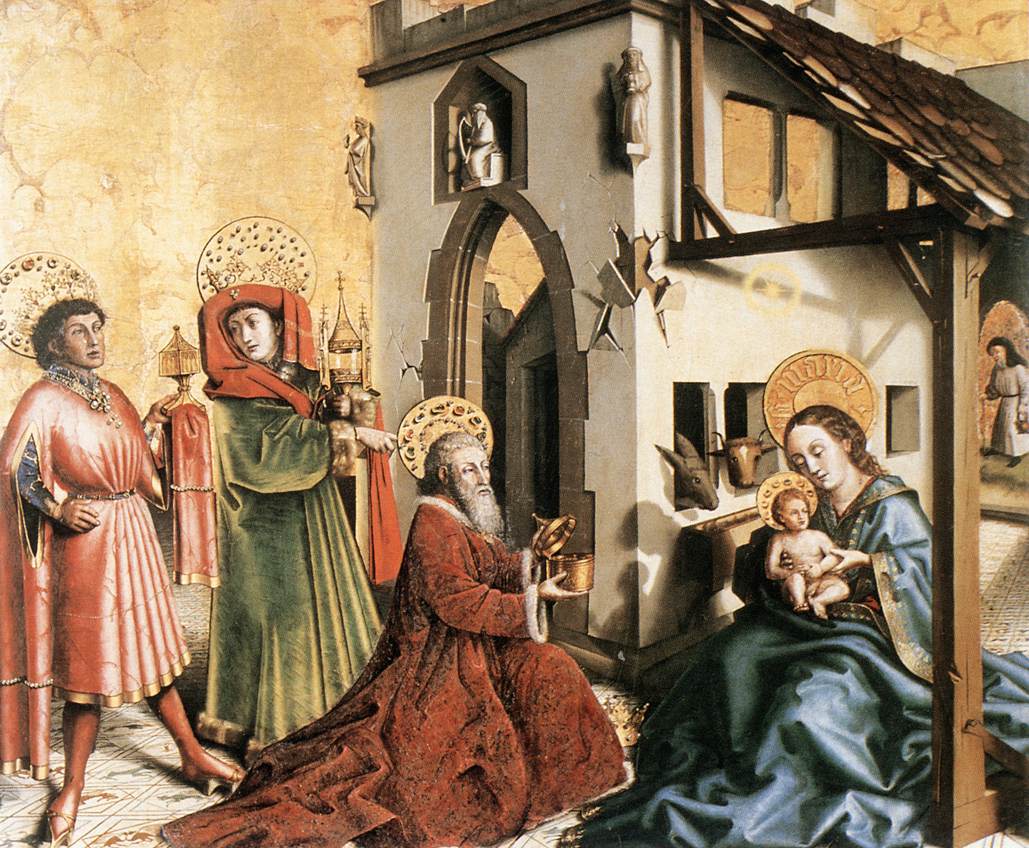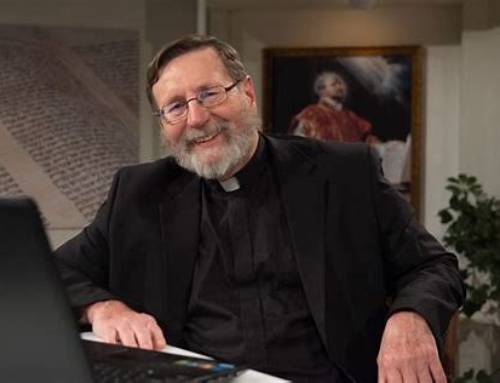If you didn’t know it already, most New Testament scholars consider the story of the Three Wise Men to be a pious, late invented fiction.
In fact it was pretty hard to even get any New Testament scholars to read the manuscript of my new book The Mystery of the Magi-the Quest to Identify the Three Wise Men. They either ignored it or seemed embarrassed that an amateur like me would make a suggestion that the story might be historical.
You see, they all assumed that it was fictional. Therefore, if you assumed a story is fictional and some naive amateur comes along and suggests that it has a historical basis you don’t want to hurt his feelings but your thinking must be something like a professional in the stories of the Grimm Brothers reacting to the suggestion that there was a historical Hansel and Gretel.
You get the idea.
The Catholic Biblical scholar Raymond Brown acknowledges this and says in “The Birth of the Messiah” that it was considered a kind of test of orthodoxy in academia that the Magi story was a fairy tale, and suggested that if a New Testament scholar were to propose a historical basis for the Magi story in one of those rooms filled with pipe smoke, books and tweed jackets, that all the serious scholars would look up from their book, smile and nod, and then when the poor chap left the room, fall on the floor in fits of laughter. The young fellow would then walk a sad path out of his hopeful career in New Testament scholarship and end up teaching Sunday School in Elbow, North Dakota.
Well, happily I don’t have any sort of career in New Testament scholarship to defend, win or lose so I’ve stood things on their head in my new book by being so outrageous as to actually do the research, put the pieces of the puzzle together and show very convincingly that the Magi story is rooted in historical facts.
When I was researching the book I kept thinking, “Somebody must have written this book already” and kept waiting to stumble upon the book and learn that my labors were in vain. However, I soon realized that nobody had written the book because everyone was already convinced either that the Magi never existed at all, or if they did, they were Persian wizards. End of story.
But no one had investigated the earliest clue of their identity which is Justin Martyr who says clearly several times that the Magi came from Arabia. Neither did the scholars investigate further the clues in Isaiah 60 which have always been read as a prophecy of the Magi. There were very good reasons to see those prophecies not as supernatural future prognostications, but common sense predictions based on the politics, culture and religion of the time and region where the second half of Isaiah was composed.
The whole process has been an exciting adventure–worthy in a way of the journey of the Magi themselves. All the pieces fit together pretty neatly. If my theory is correct, then New Testament scholars should seriously take a second look at the prevailing theory that the Magi story (and the other infancy narratives) are pious fantasies.
And if those stories prove to be grounded in history, and they are the ones that are most often doubted–then by implication the historicity of the rest of the gospel account is also strengthened.
Anyway, the first review of the book by Roger Thomas is posted here.
You can order the book from my website here. Remember Donor Subscribers are entitled to 15% discount of all books purchased through my website. Donor Subscribers can also send me an email asking for the book to be inscribed and we can send gifts to the address of your choice. Learn how to become a Donor Subscriber here. Amazon purchase and Kindle and audio editions are available here.






They should read the 4 volumes of The Life Of Jesus Christ by Blessed Anne Catherine Emmerich. I know that visions of mystics are not included as historical “fact” but she has been made Blessed! In her books she tells much about the Magi!
[…] The Catholic Biblical scholar Raymond Brown acknowledges this and says in “The Birth of the Messiah” that it was considered a kind of test of orthodoxy in academia that the Magi story was a fairy tale, and suggested that if a New Testament scholar were to propose a historical basis for the Magi story in one of those rooms filled with pipe smoke, books and tweed jackets, that all the serious scholars would look up from their book, smile and nod, and then when the poor chap left the room, fall on the floor in fits of laughter. The young fellow would then walk a sad path out of his hopeful career in New Testament scholarship and end up teaching Sunday School in Elbow, North Dakota. […]